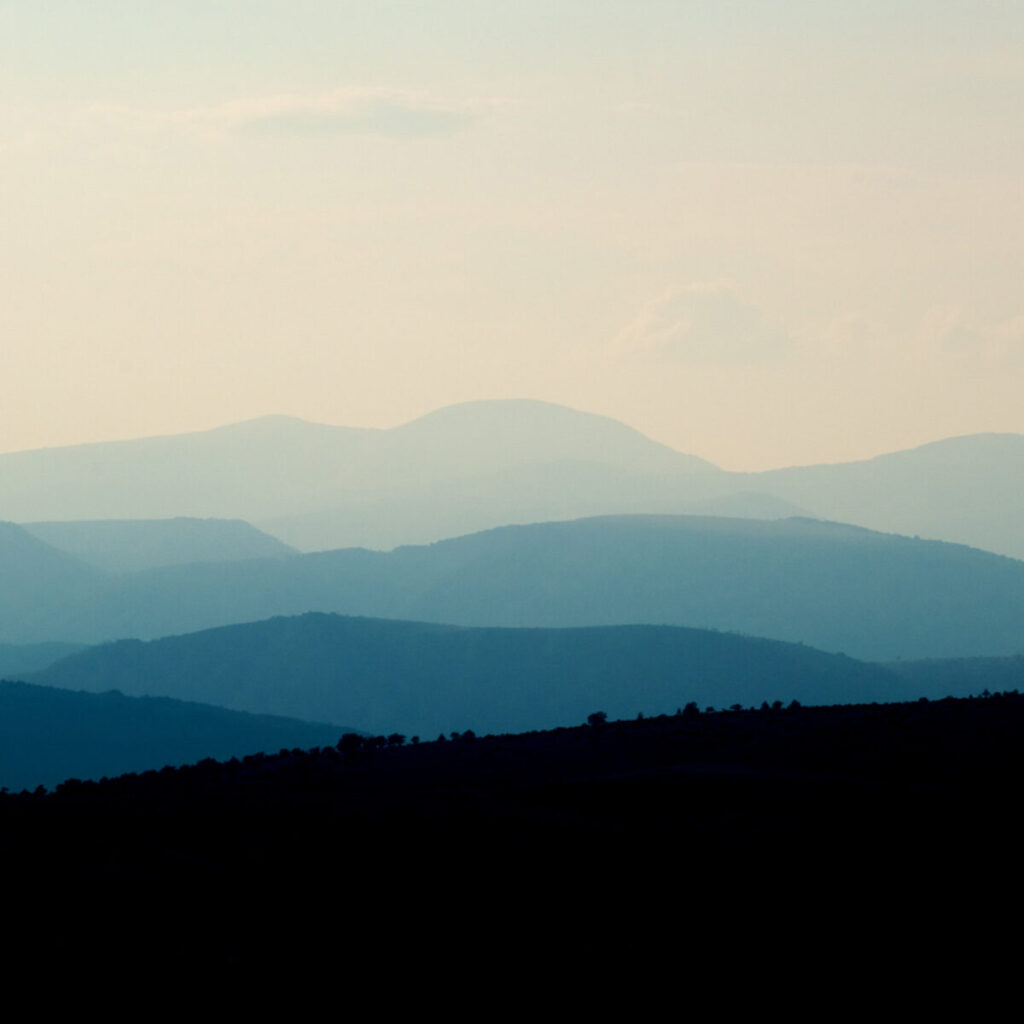
So… something happened to me.
About 3 weeks ago, something changed for me. Or didn’t change. Or, the change was that I was no longer looking for a change.
I realised that what I am – consciousness itself – is already awake.
The “shift” I have been trying to achieve for 8 years finally happened. Or, again, didn’t happen.
It’s tough to talk about.
Around 8 years ago I came across some “enlightenment” teachers, and since then I have been ardently striving to achieve this myself. I’ve been obsessively fixated on achieving this realisation, even to the point of it being detrimental to my regular life.
Over the past few months, certain teachings had been hitting me more deeply. Then I started to look into the notion of time, and this is what apparently changed things for me. Or, again, didn’t change them.
I realised that notions of future and past are merely concepts in the mind which occur in the present moment. There is no real “future”. And so my whole house of cards of “I’m going to get enlightened in the future” collapsed. I realised there was only now, and there was only ever going to be now. The “enlightenment in the future” bubble totally popped.
I didn’t realise it at the time, but things were different after that.
I went to listen to a meditation recording and despondently thought to myself, “hmm, maybe this will wake me up.” Then I paused, reflected on consciousness, and thought, “What? Wake me up? How could I be any more awake than I am now? How could awakeness be any more itself than it already is?”
And I suddenly realised, “Oh my God, I’ve stopped seeking.” Consciousness was already conscious. Awakeness was already awake.
The “shift” I had been striving toward for almost a decade had finally “not occurred”. It was instead to see that there was never going to be any “shift”. That… this was it.
It no longer feels like I’m trapped inside my mind. It feels much more like I am consciousness itself, and the mind is merely an appearance in this consciousness, made out of this consciousness.
This is why in Buddhism they often call enlightenment “the gateless gate”. You have an image of this event that will happen to you in the future, some sort of transformation that will occur, but once it “occurs” you realise there was never anything to occur. There was no gate.
Rumi put it more poetically:
“I have lived on the lip of insanity,
wanting to know reasons,
knocking on a door.
The door opens.
I’ve been knocking from the inside.”
Or, to illustrate the point somewhat humorously: Two Zen monks are standing on either side of a river. The first monk says to the second, “How do I get to the other side?” The second monk yells back, “You are on the other side!”
This is a humorous little joke, but it also illustrates the point perfectly. In terms of awareness, you already are what you’re seeking. What you’re looking for is what is looking.
Now, I don’t think I’m totally enlightened. There’s still a hell of a lot of clearing up to do. There’s still suffering, there’s still a lot of mind activity. The only difference is I no longer feel trapped inside of those things. I feel much more now like I am awareness rather than my mind.
For most of my life, it’s felt like there was an energetic contraction in my head. This fuzziness. This lack of clarity. This blurriness to life.
I was so much asleep to life that for the majority of my life I didn’t even know there was this contraction – until I started to meditate and began to “wake up” a little.
But it finally feels like I’m no longer caught.
I don’t know what’s going to happen from here. “Time” will tell as far as that is concerned. There’s definitely still a lot more to unfold. But this feels like the biggest shift that has occurred since I began this journey 8 years ago.
I spoke to a friend about this realisation, and he said, “Oh, it’s like you’re finally out of the prison of Will.” And I said, “No, it’s more like someone came and opened the door to my cell, but I’m still just sitting in the same cell, only now just looking around going, “well this is different…”
I think the process from here on out will be me gradually coming out of my cell. I have no idea how long it will take until I feel like I’m out, but it feels like the door is definitely open now. 🙂
Thanks for reading,
In love and light,
Will.
For more stories like this, including mental health, extraterrestrials, and spirituality, please subscribe to my blog, or follow my Facebook page “The Ostrich and the Elephant”, or find me on Twitter @willkenway, Medium @willkenway, or Instagram @will.kenway. Thanks!



